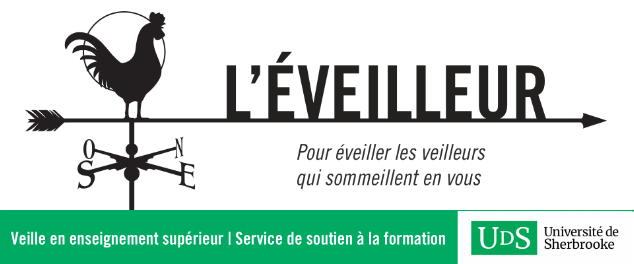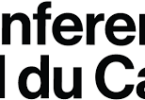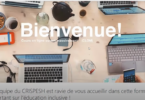Oui, encore elle! En tentant d’en savoir plus sur le plus récent livre de Cathy Davidson, je suis tombé sur ce texte du mois d’août dernier qui n’est pourtant pas en lien avec sa monographie. Une fois de plus la dame inspire.
Cette fois-ci, Davidson s’attaque à la frustration des professeurs face aux acquis d’apprentissage (learning outcomes) demandés par les universités ou les organismes de contrôle-qualité: “Who hasn’t felt anger at this increasingly frequent, seemingly cynical tendency of institutions to reduce the complexity of learning to a metric, productivity and outcomes?”
Elle encourage les enseignants à travailler avec leurs étudiants pour développer des learning outcomes branchés sur les besoins de la société et qui suscitent la motivation des apprenants: “What are the three most important things you hope to take away from this class and into the rest of your life?”
Elle explique que les learning outcomes peuvent faciliter l’apprentissage, alors que les étudiants comprendront mieux comment la matière vue en classe est liée à leur vie professionnelle et citoyenne:
“You don’t need to go very deep in the pedagogical research to know that the key to successful learning is for the learner to be aware of what the given knowledge will add to their goals and their life. As professors, departments and institutions, we tend to do a poor job connecting the lofty language of our “mission statements” to our actual practices: what we require, how we organize knowledge, how we facilitate learning and what we hope our students will gain from what they learn– not just as job preparation (a shortsighted goal in a changing world) but also as preparation for a complex world where nothing is stable. We do a poor job helping students translate the specific content or knowledge gained in our classrooms into a tool (informational, conceptual, methodological, epistemological or affective) that will help them thrive in life. If higher education doesn’t do that — if it isn’t geared to helping students succeed beyond the final exam and after graduation — then why bother?” (Davidson, 2017, notre emphase)
Elle en arrive avec des acquis d’apprentissage qui ressemblent à ceci: “Dans ce cours, j’espère que nous. . . Apprendrons à respecter la vie intellectuelle et l’éducation comme des cadeaux précieux que personne ne peut nous enlever.” En principe, un acquis d’apprentissage doit être “observable”, ce qui n’est pas toujours le cas des exemples suggérés par Davidson. Mais un objectif comme “Apprendre à intégrer et à transférer les connaissances et la sagesse des conférences, des exposés et des discussions de classe en une pensée et une rédaction conviviales” pourrait l’être. D’après Davidson,
« It is my conviction that we need thoughtful, active collective engagement and participation — by both students and faculty members — to transform not just our classrooms but all of higher education. We don’t need more edicts from on high or technocratic solutions, but we desperately need engaged, participatory rethinking about what we really want for and from our students — and for and from ourselves and our institutions. » (Davidson, 2017)
Source: Davidson, Cathy N., “Design Learning Outcomes to Change the World“, Inside Higher Ed, 28 août 2017






